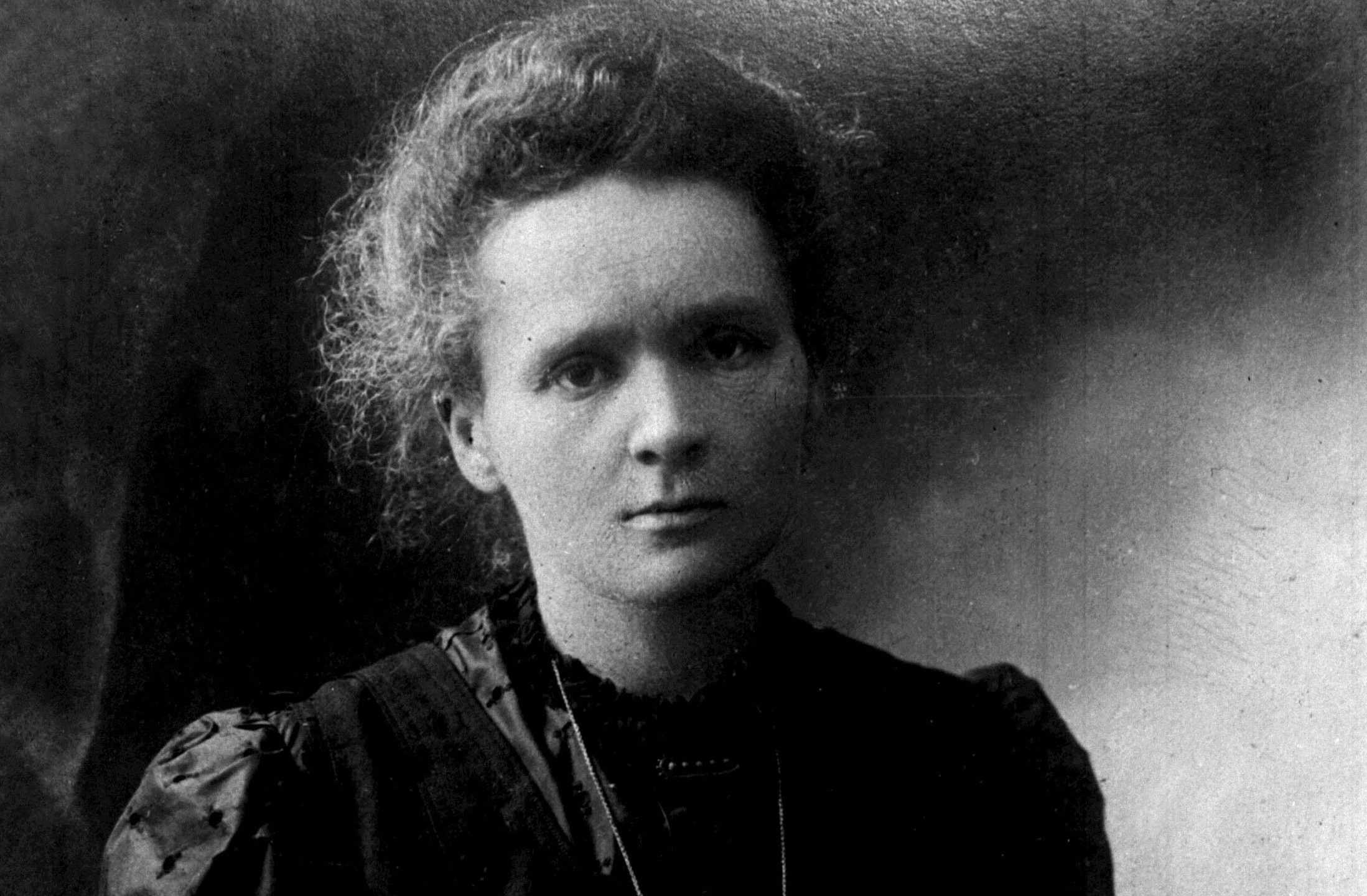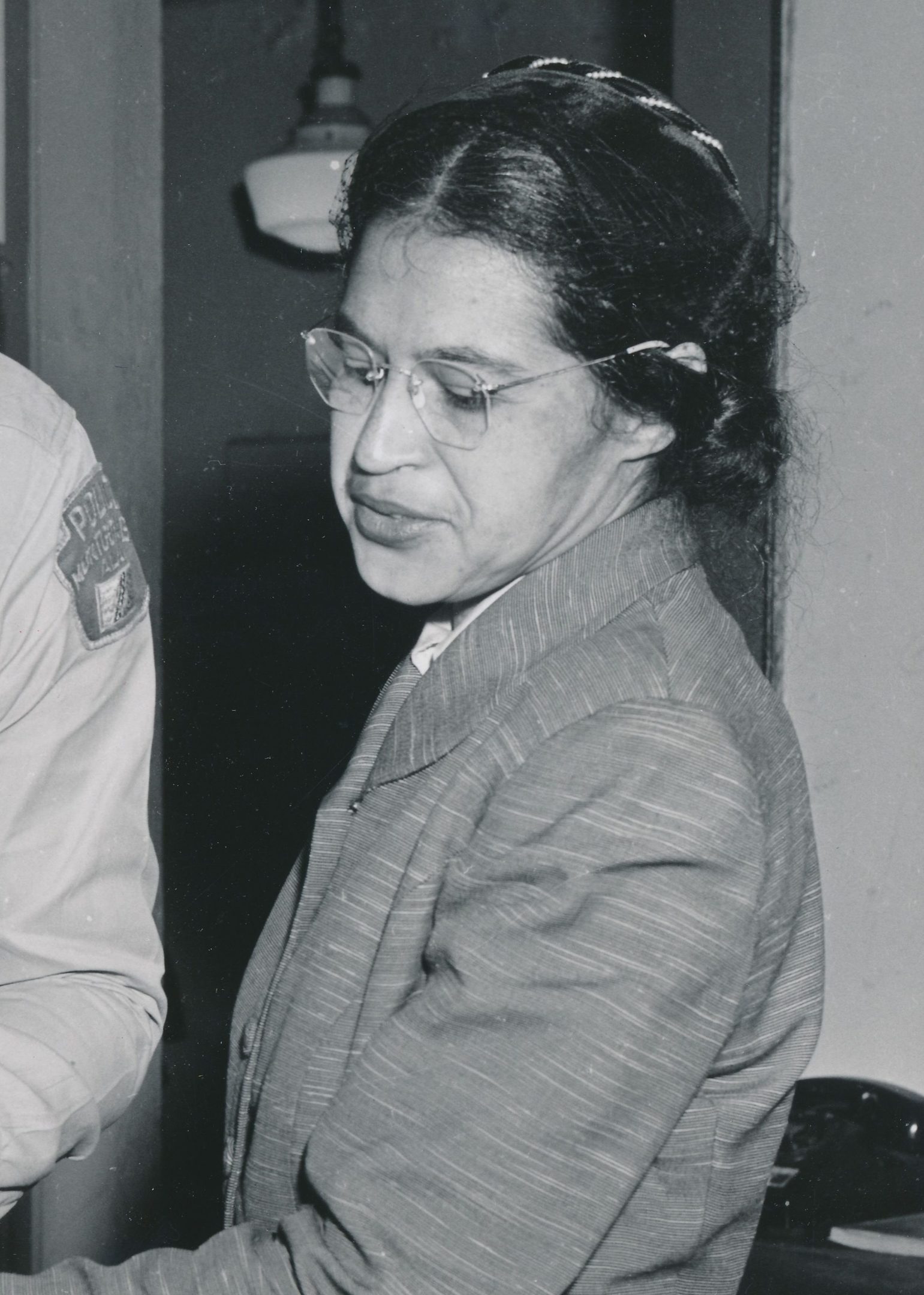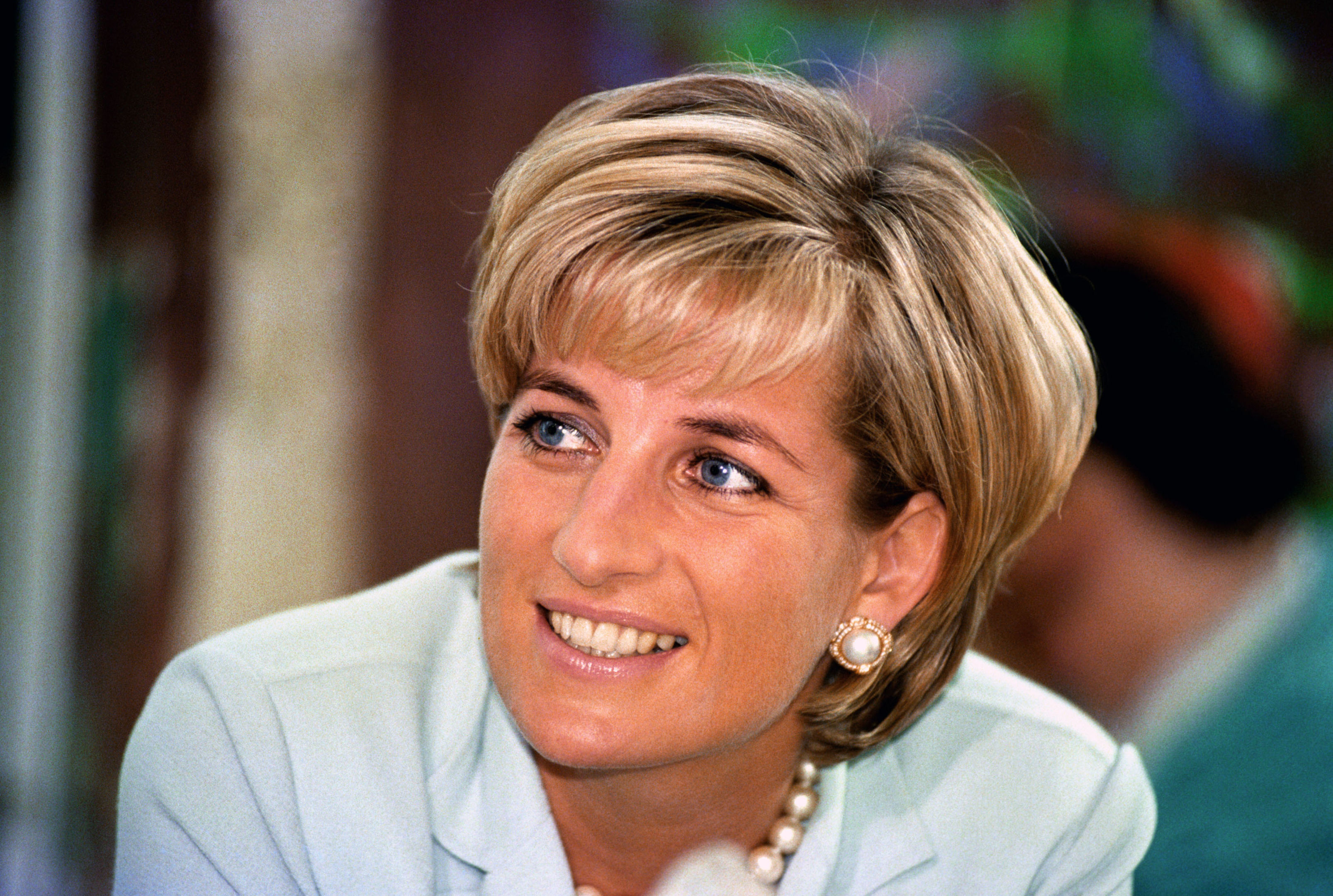
MARIE CURIE has been voted the woman who has made the most significant impact on world history.
In a reader poll conducted by BBC History Magazine of the 100 women who changed the world, the pioneering scientist came out on top, above the likes of Margaret Thatcher, Diana, Princess of Wales, Emmeline Pankhurst and the Virgin Mary.
The Polish-born French scientist, who became the first person to win two Nobel prizes – one for physics and one for chemistry – carried out important research into radioactivity, a term that she coined.
Her discoveries launched effective cures for cancer and helped in the development of X-rays in surgery.
The magazine asked experts in 10 different fields of human endeavour to each nominate 10 women they believe had the biggest impact, to create the list of 100 women for readers to choose from.
Curie’s nominee, Patricia Fara, president of the British Society for the History of Science, said: “She (Curie) was the first woman to win a Nobel prize in physics, first female professor at the University of Paris, and the first person – note the use of person there, not woman – to win a second Nobel prize.
“The odds were always stacked against her. In Poland her patriotic family suffered under a Russian regime. In France she was regarded with suspicion as a foreigner – and of course, wherever she went, she was discriminated against as a woman.”
The top 100 women were chosen for their achievements in areas including politics, science, sport, technology and literature, and saw the likes of BBC Radio 4’s Dame Jenni Murray and historians Suzannah Lipscomb and Tom Holland among those putting together the shortlist.
In second place was Rosa Parks, an activist in the civil rights movement who protested against racial segregation in America, with leader of the British suffragette movement Pankhurst third.
As well as Curie, scientist Ada Lovelace, a computer programmer and mathematician, and crystallographer Rosalind Franklin made the top 20, in fourth and fifth places respectively.
The UK’s first female Prime Minister, Lady Thatcher, is in sixth place, while Diana, Princess of Wales, is at number 15.
Other names in the top 20 include writers Mary Wollstonecraft and Jane Austen, aviation pioneer Amelia Earhart and queens Victoria and Eleanor of Aquitaine.
BBC History Magazine deputy editor Charlotte Hodgman said: “The poll has shone a light on some truly extraordinary women from history, many of whose achievements and talents were overlooked in their own lifetimes.
“It is fitting that, in a year that has seen the 100th anniversary of the parliamentary Act that gave the vote to many British women, suffrage campaigners Emmeline Pankhurst and Josephine Butler have been voted into the top 20.
“Whilst it is unsurprising to see queens such as Victoria and Eleanor of Aquitaine place high, it is refreshing to see some more unfamiliar names make the top 20, such as 19th-century philanthropist Angela Burdett-Coutts. I’m sure the full list will provoke conversation and debate.”
BBC History Magazine’s 100 women who changed the world – top 20
1. Marie Curie
2. Rosa Parks
3. Emmeline Pankhurst
4. Ada Lovelace
5. Rosalind Franklin
6. Margaret Thatcher
7. Angela Burdett-Coutts
8. Mary Wollstonecraft
9. Florence Nightingale
10. Marie Stopes
11. Eleanor of Aquitaine
12. The Virgin Mary
13. Jane Austen
14. Boudicca
15. Diana, Princess of Wales
16. Amelia Earhart
17. Queen Victoria
18. Josephine Butler
19. Mary Seacole
20. Mother Teresa
The full list appears in the new issue of BBC History Magazine, available now.

Enjoy the convenience of having The Sunday Post delivered as a digital ePaper straight to your smartphone, tablet or computer.
Subscribe for only £5.49 a month and enjoy all the benefits of the printed paper as a digital replica.
Subscribe
